Greece: Unveiling the Cradle of Western Civilization
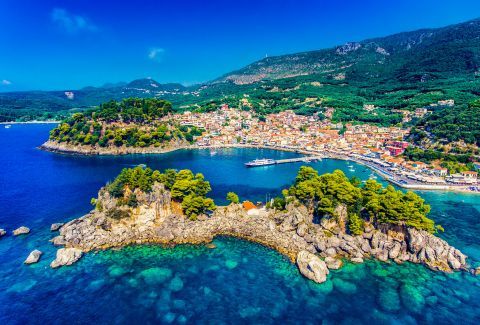
Introduction to Greece
Overview of Greece's geography
You find yourself in Greece, a country located in southeastern Europe on the southern tip of the Balkan Peninsula. Greece is bordered by Albania, North Macedonia, Bulgaria, and Turkey. The nation is surrounded by the Ionian Sea to the west and the Aegean Sea to the east.
As you travel around, you notice the diverse landscapes ranging from beautiful beaches to rugged mountains. Greece is known for its numerous islands, with popular ones being Crete, Rhodes, and Corfu.
Historical background of Greece
As you delve into the historical background of Greece, you uncover a rich tapestry of civilization dating back thousands of years. Greece is often referred to as the cradle of Western civilization, as it was the birthplace of democracy, philosophy, drama, and the Olympic Games. The country has a storied past, with ancient civilizations such as the Minoans, Mycenaeans, and Spartans leaving their mark on the land. You can't help but marvel at the ruins of ancient temples and theatres that dot the landscape, such as the Acropolis in Athens and the Palace of Knossos in Crete.
As you explore Greece, you are immersed in a world where history comes alive, and the beauty of the natural landscape takes your breath away.

Greek Cuisine
Traditional Greek dishes
When it comes to traditional Greek dishes, you can expect a delightful blend of fresh ingredients and Mediterranean flavours. Classics like Greek salad, moussaka, souvlaki, and spanakopita are staples that showcase the essence of Greek cuisine.
Famous Greek desserts
No Greek meal is complete without a sweet ending, and Greece offers a tempting array of desserts. Indulge in baklava, loukoumades, galaktoboureko, and kataifi to satisfy your sweet tooth and experience the rich culinary heritage of the country.
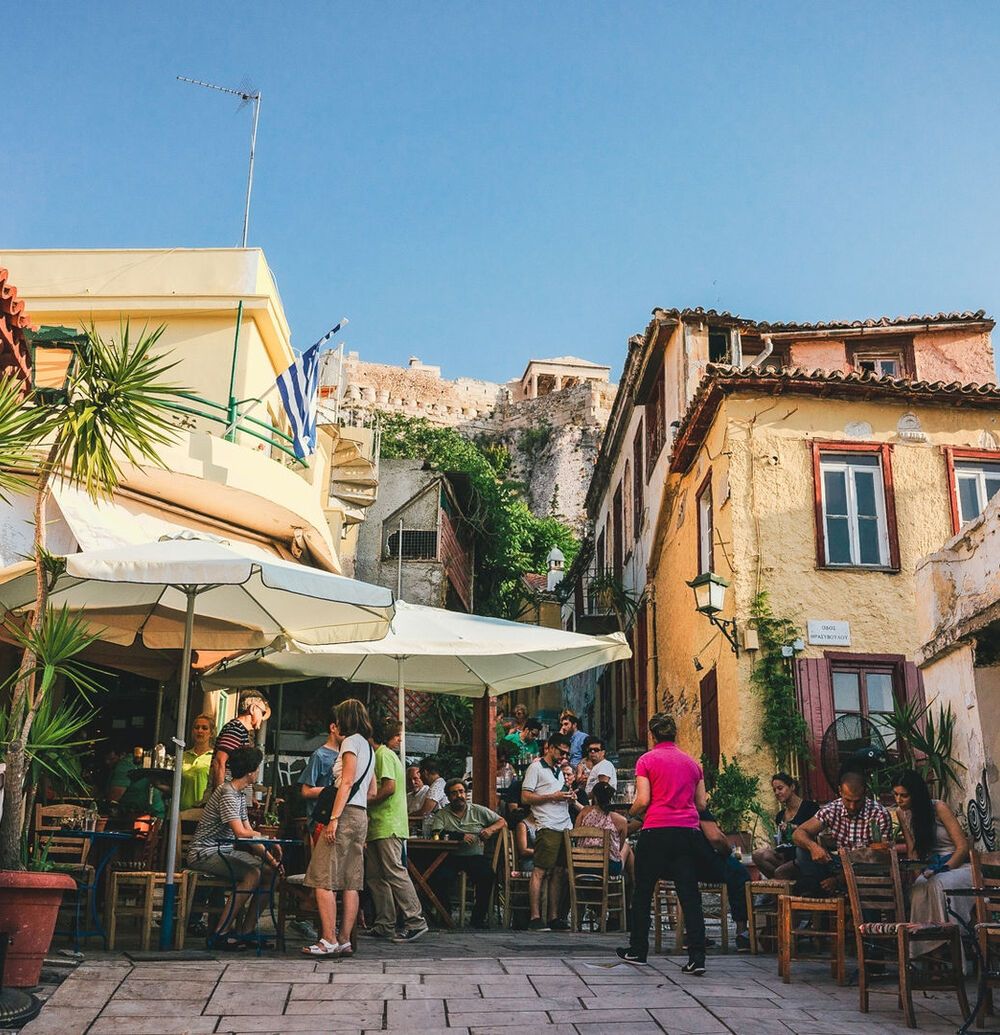
Popular Tourist Destinations in Greece
Exploring Athens
As a tourist in Greece, exploring Athens is a must. The capital city is a treasure trove of ancient wonders, blending history and modernity seamlessly. Visit the iconic Acropolis to marvel at the Parthenon and soak in panoramic city views.
Wander through the charming Plaka neighbourhood, lined with quaint shops and traditional tavernas. Don't miss out on the changing of the guard ceremony at the Parliament building, a striking display of precision and tradition.
Island-hopping in the Greek Islands
Embark on a picturesque journey through the Greek Islands, each offering its unique charm. From the romantic sunsets of Santorini to the vibrant nightlife of Mykonos, island-hopping allows you to experience the diverse beauty of Greece. Relax on the sandy beaches of Crete, immerse yourself in the archaeological wonders of Delos, or discover the lush landscapes of Zakynthos. Whether you seek tranquillity or adventure, the Greek Islands cater to every traveller's desires.

Ancient Greek History
The significance of Greek mythology
Greek mythology holds immense significance in shaping the cultural identity of the ancient Greeks. The myths and legends provided explanations for natural phenomena and offered moral lessons and insights into human nature. Deities like Zeus, Athena, and Poseidon were central figures in Greek mythology, influencing the time's art, literature, and religious practices.
Contributions of ancient Greeks to Western civilization
The ancient Greeks contributed significantly to the development of Western civilization across various fields. In philosophy, thinkers like Socrates, Plato, and Aristotle laid the foundation for rational inquiry and critical thinking.
In architecture and engineering, innovations such as the Doric, Ionic, and Corinthian columns set the standards for classical design. The legacy of Greek democracy, literature, and mathematics continues to influence modern society.
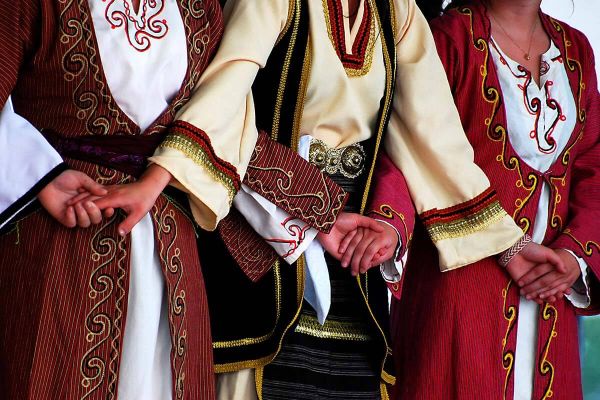
Greek Culture and Traditions
Traditional Greek dances and music
When exploring Greece, you can immerse yourself in the traditional dances and music deeply intertwined with Greek culture. From the energetic movements of the Kalamatianos to the graceful steps of the Tsamiko, each dance reflects the rich history and spirit of the country. The sounds of bouzouki and lyra music fill the air during celebrations and gatherings, adding a lively and rhythmic dimension to the cultural experience.
Greek festivals and celebrations
As a traveller in Greece, you have the opportunity to partake in vibrant festivals and celebrations that showcase the warmth and hospitality of the Greek people. Whether it's the lively Carnival festivities in Patras or the religious processions during Easter in Corfu, each event offers a unique insight into Greek customs and traditions. Taste traditional delicacies like souvlaki and baklava, and join in the joyous dancing and merrymaking that define these cultural gatherings.
:max_bytes(150000):strip_icc()/MonicaFarber_Santorini-15-0ace6daaf6df49998e6ec81bf373c03f.jpg)
Mediterranean Climate of Greece
Weather patterns in Greece
Greece enjoys a Mediterranean climate with hot, dry summers and mild, wet winters. The coastal areas experience cooling sea breezes, while the interior regions may have more extreme temperatures. The country often sees plenty of sunshine throughout the year, making it an ideal destination for those seeking a warm and sunny getaway.
Best time to visit Greece
For the optimal experience, consider visiting Greece in the spring (April to June) or fall (September to October) when the weather is pleasant and the crowds are thinner. Summer (July to August) is the peak tourist season with hot temperatures and bustling attractions, while winter (November to March) offers a different charm with fewer tourists and a chance to explore the historical sites without crowds.
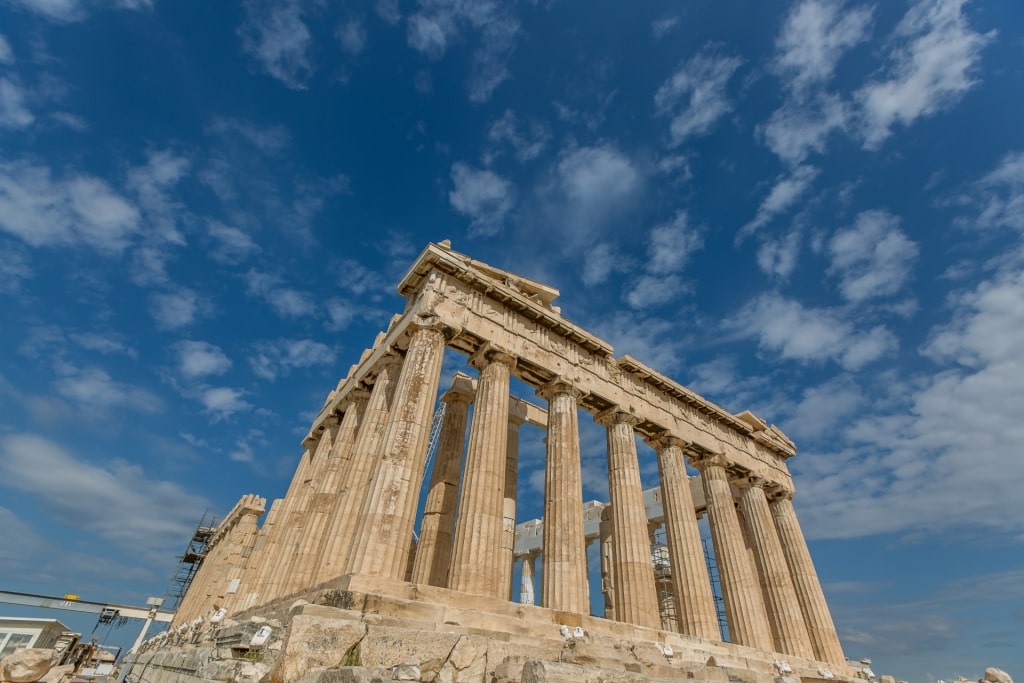
Greek Architecture
Iconic ancient Greek structures
When you think of Greek architecture, iconic structures such as the Parthenon in Athens, the Temple of Olympian Zeus, and the Theatre of Epidaurus may come to mind. These ancient buildings showcase the mastery of architectural design and engineering that the Greeks were known for.
Influence of Greek architecture on modern buildings
The influence of Greek architecture can be seen in many modern buildings around the world. You may notice columns reminiscent of those found in ancient Greek temples, as well as symmetrical designs and the use of marble and other classic materials. Architects continue to draw inspiration from the timeless elegance and proportions that define Greek architecture.
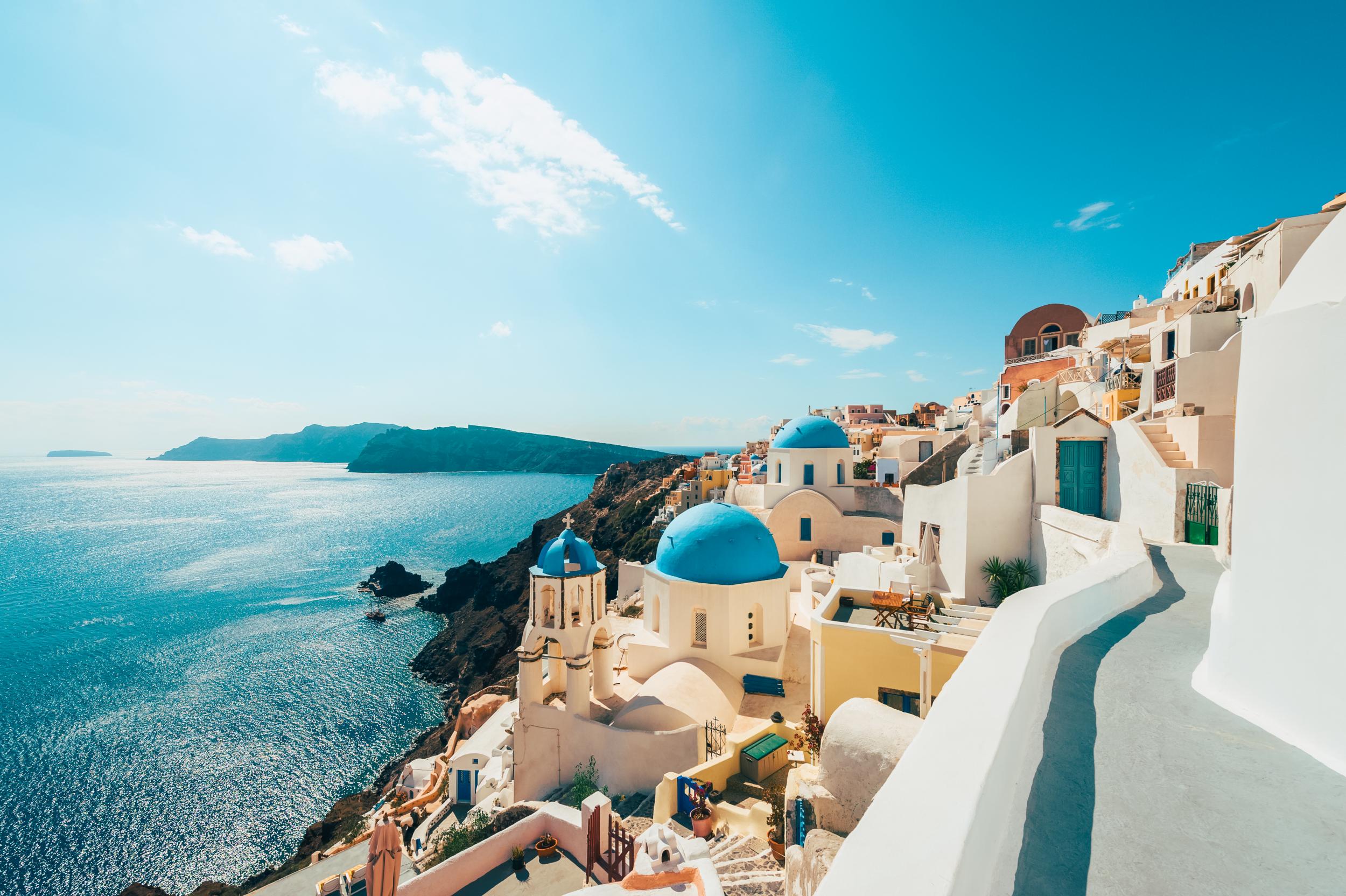
Greek Islands
Overview of popular Greek islands
When you explore the Greek islands, you will come across many destinations offering unique experiences. From the romantic Santorini with its stunning sunsets to the vibrant Mykonos known for its lively nightlife, each island has its charm.
Crete, the largest island, boasts a rich history and diverse landscapes, while Rhodes is steeped in medieval heritage. Whether you prefer the bustling crowds of Corfu or the tranquil beaches of Milos, there is an island to suit every traveller's taste.
Activities to do on the Greek islands
Upon visiting the Greek islands, you will find a plethora of activities to immerse yourself in. You can indulge in water sports such as snorkelling, windsurfing, or sailing in the crystal-clear waters of the Aegean Sea.
For history enthusiasts, exploring ancient ruins like the Palace of Knossos in Crete or the Acropolis of Lindos in Rhodes provides a glimpse into Greece's storied past. You can also wander through quaint villages, taste local delicacies, or simply relax on the sun-kissed beaches while enjoying the warm hospitality of the locals.
